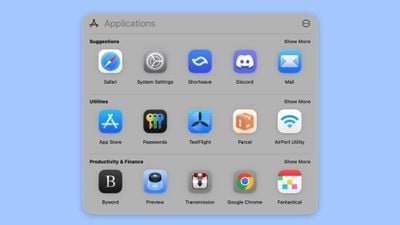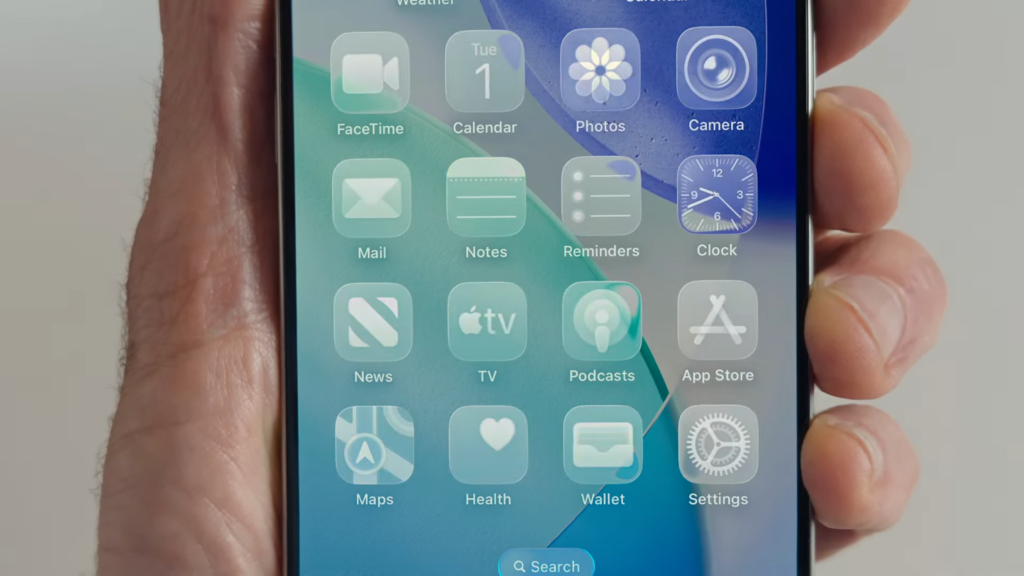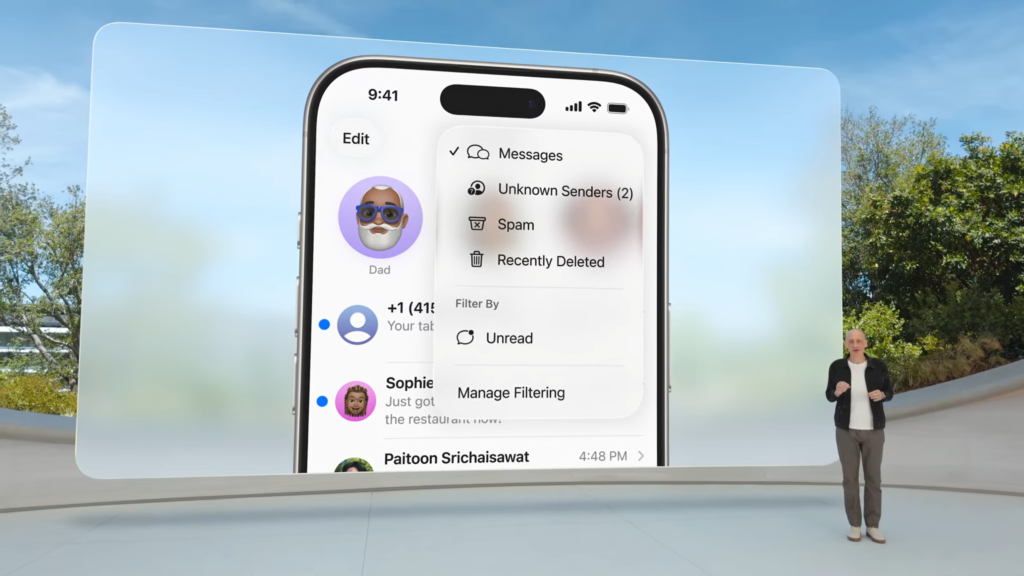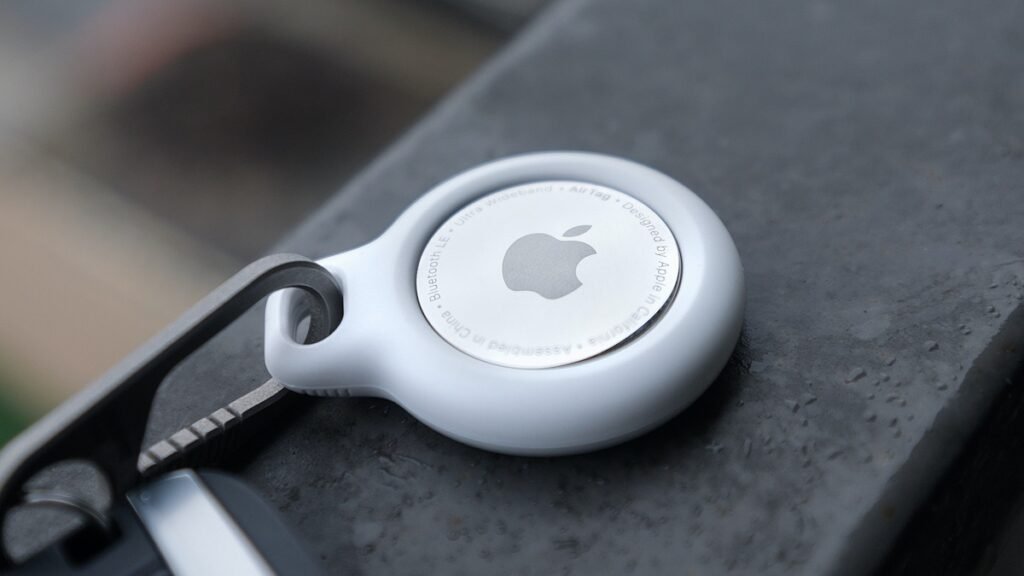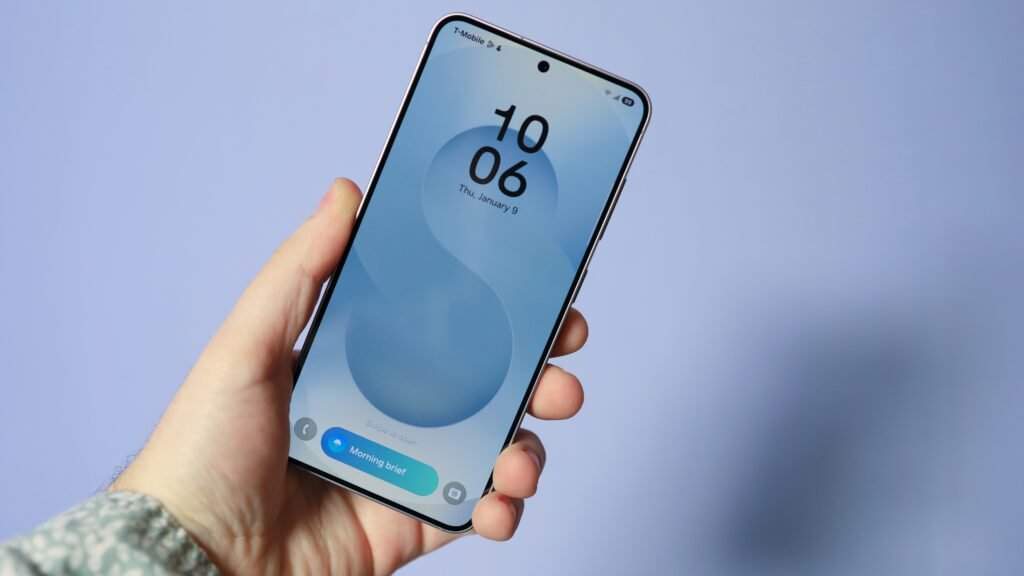I am going to talk about Terminator 2: Judgment Day in a post about AI, but not for the reason you would assume, so bear with me. I want to talk about John Connor’s be-mulleted best friend, Tim.
There’s a moment at the arcade during which the T-1000 is searching for Connor, and Tim bravely tries to deflect it away from him. The T-1000 elbows Tim out of the frame effortlessly in order to pursue its prey.
This is a picture wrap for Tim. He doesn’t appear again. He has been glued to John Connor up until that point, but now he’s shoved not only out of sight, but out of the movie.
That was Siri’s role at WWDC 2025, but without the courage.

Apple opened with a big section on Apple Intelligence, but we were reminded that the AI-powered Siri has yet to meet Apple’s high standards, and that “we look forward to sharing more about it in the coming year”.
Oof, shove, goodbye Siri, there’s only room for one irritating pre-teen in this action flick.
Bear in mind with the quote above that AI Siri was announced at WWDC 2024, so we’ve been waiting a year for it, and now it’s coming at some vague point within the next year.
The upgraded Siri’s failure to launch is often said to be part of Apple generally not keeping up with the pace of AI development – but while it’s true that I’ve turned off a lot of Apple Intelligence features myself because I think they’re sorely underbaked, Siri has a long history of lagging behind the competition.
14 years of missed potential
It’s funny to think that Siri was borderline the first of its kind. I say borderline, because Siri was an existing product that Apple bought in, so logically the tech already existed – but integrating it into the phone in the way Apple did in the iPhone 4S was new and interesting.
I was working on a dedicated iPhone magazine at the time, and Siri was obviously a huge deal: a new way of interacting with your phone, and – we assumed at the time – a new platform that would be developed constantly.
This was not, alas, the case. Siri would stumble forward with new features occasionally, but remained largely a voice-activated remote control for timers and maybe sending a message.
When Alexa and Google Assistant became the biggest tech platforms in the world for a time, we expected Siri to accelerate to keep up with them. It did not.
When Apple launched the original HomePod with Siri on it to compete with the Echo, Siri was far less capable than Alexa, and would frequently get wrong even basic music requests, despite a huge part of the launch being that it had been upgraded to be especially great at music.
Oh yes… and the HomePod was announced at WWDC 2017, but was delayed by nearly a year.
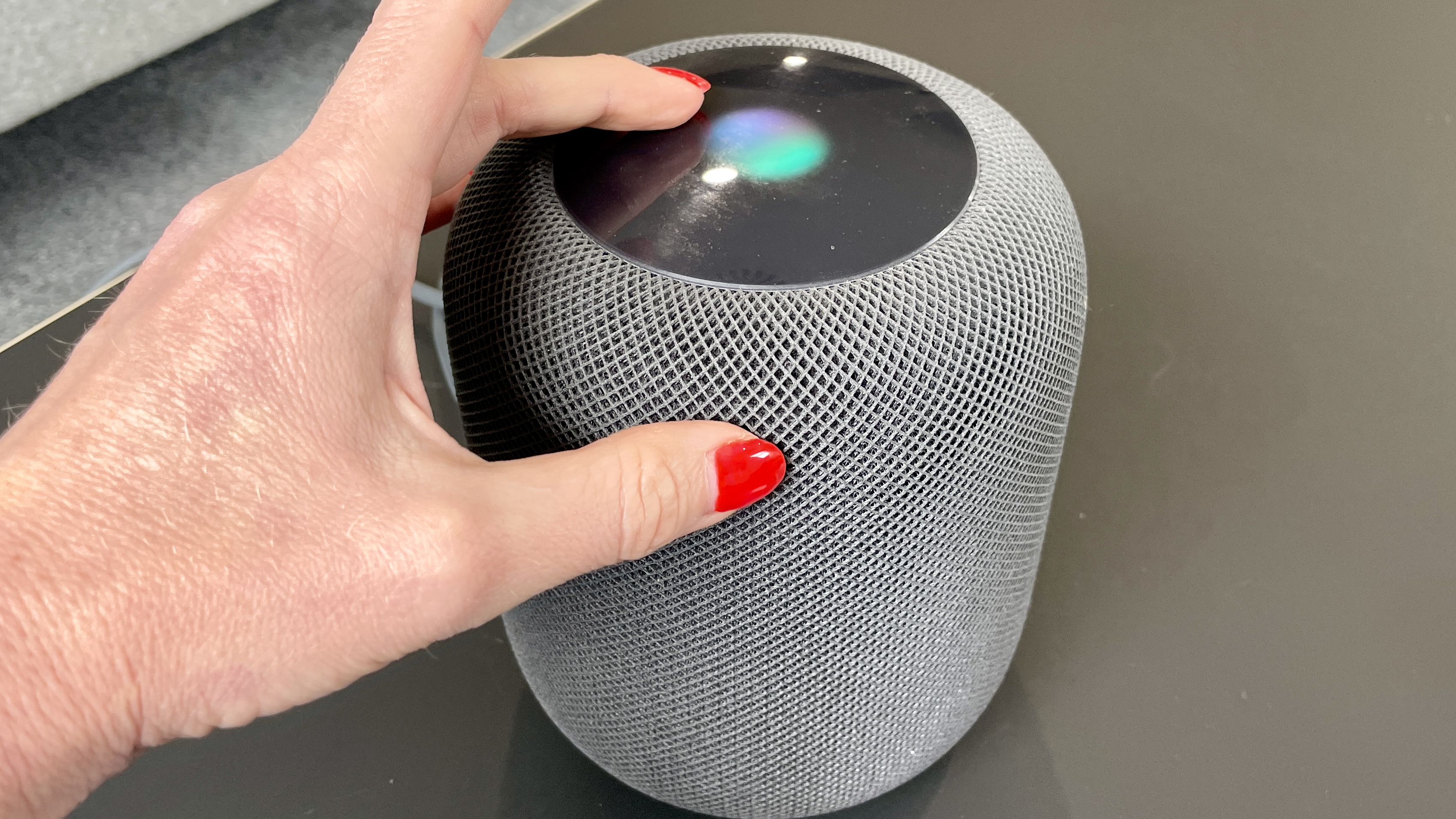
Apple has often added features and tinkered with Siri over the years, but it hasn’t fixed the fundamental problem that it’s never really seemed capable of handling anything outside of those basic remote-control requests.
I use Siri almost every day, to set cooking timers. Often to turn smart lights on and off. Sometimes to activate Apple Watch workouts if my hands are full. I send a message a few times a year, though I rarely trust its transcription.
None of these are meaningful progressions from what it could do 14 years ago. Every time I’ve encouraged it to explore new areas of usefulness with me, it has immediately tripped and fallen on its face, like a scene in a comedy about rich people who go on a hike for the first time.
Next year’s WWDC will mark 15 years of Siri, and it’s a big ‘if’ as to whether we’ll have seen the new version by then. If we haven’t – or even if we have, but it’s only been as successful an update as previous versions – it really might be Old Yeller time.
Google Gemini is too impressive on Android phones for Siri to keep walking into walls. ChatGPT is working with Apple’s own Jony Ive on a new AI-first device. Siri can’t be carried forever; and yet, its failure to turn up for the huge WWDC event is just another in a long line of disappointments. Surely this has to end, one way or the other, soon.


